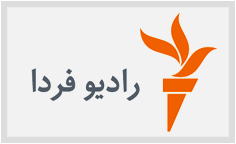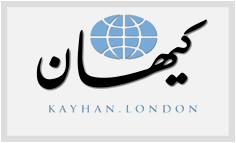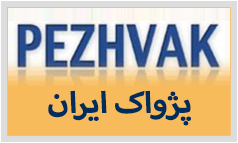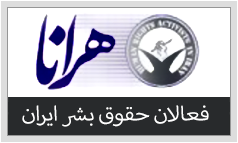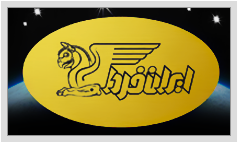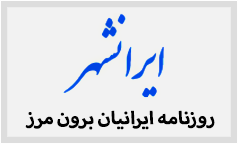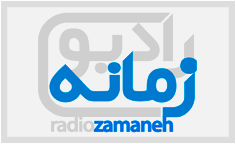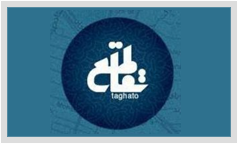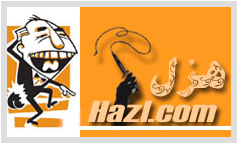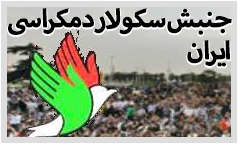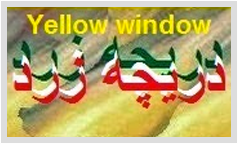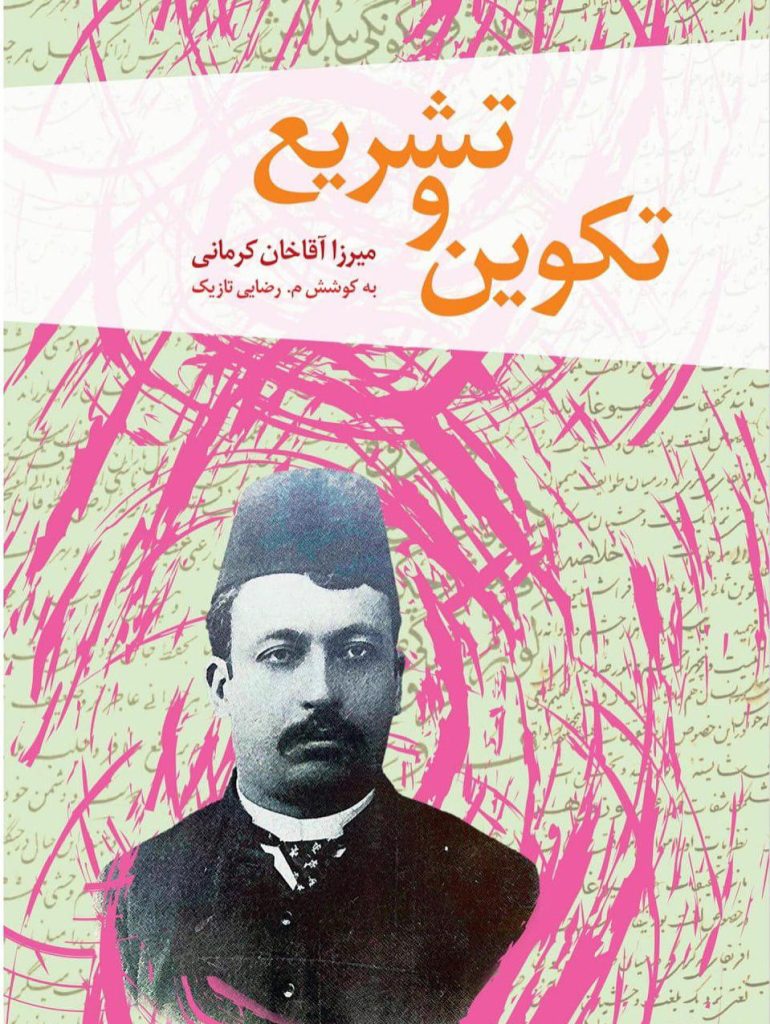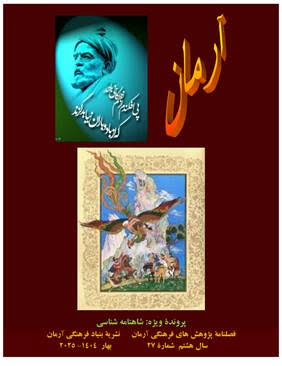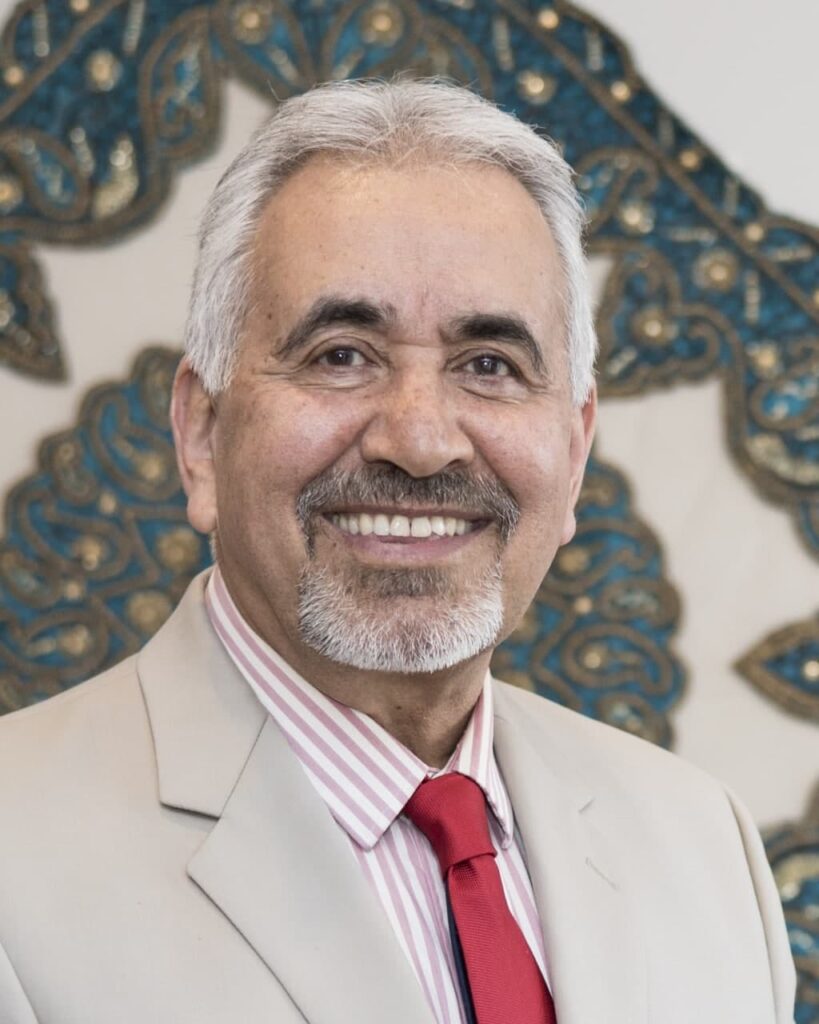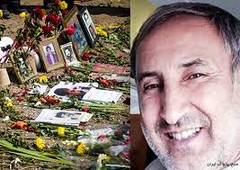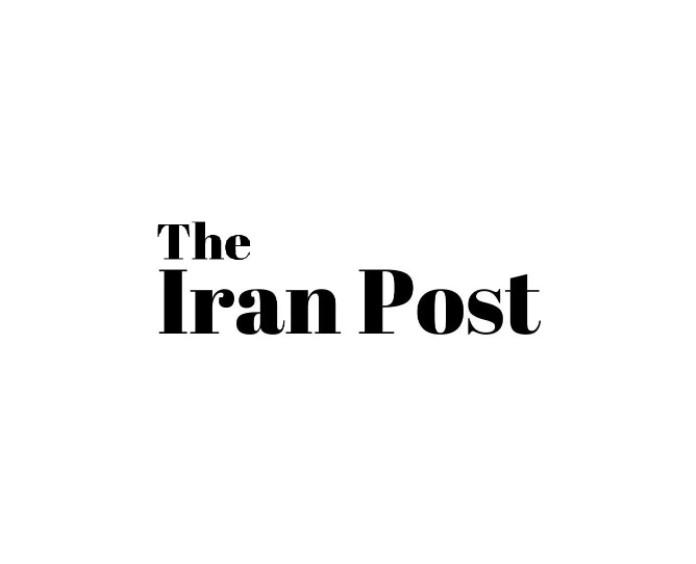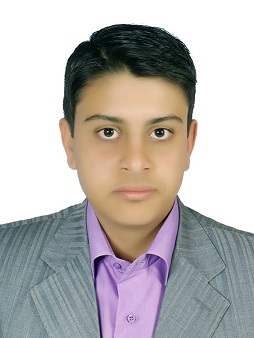
Abolfazl Pazouki :
Generally, in International Relations power is divided into two main categories: either Hard or Soft power. In classic theories, there is no discussion about soft power as the only criteria in measuring power used to be military capabilities and economic capacity. However, with the rapid change and development since The Cold War soft power has been the center of attention in International Relations. Soft power is defined as the ability to shape anothers’ preferences and interest via appeal and attraction, rather than coercion or force. One of the core aspects of soft power is, undoubtedly, Media diplomacy. This organizes the relations between singular states as well as those with an international society. The Kingdom of Saudi Arabia due to its vast wealth, has a very active and strong Media diplomacy. The Media diplomacy of this country is a continuation of its foreign policy which is itself, a reflection of its domestic policy. The royal family of Saudi Arabia has direct and indirect control over the media in the country. Al Arabiya, MBC1, MBC2, MBC3, MBC4, MBC Max, MBC drama, MBC Bollywood, Saudi tv1, Al Hayat(newspaper), Al Vatan(newspaper), and Asharq Al-Awsat(newspaper) are among the most important multi-language media agents controlled by Saudi Arabia. Not surprisingly, the media diplomacy of Saudi Arabia has three main goals: Firstly, to show the kingdom as one of major power with a unique and distinct culture in the world. Secondly, to differentiate the political identity of the kingdom from its main rivals in the Islamic world such as Iran and Turkey. Saudi does this in order to show it as the leader of Islamic world. Finally, to keep and improve the role of kingdom as the hegemonic leader of Arab world.
Saudi Arabia with 2,150, 000 Km2 is the largest country in the western Asia. The country is the birthplace of Islam, the second biggest religion in the world. Additionally, the vast energy resources including oil and gas has led Saudi Arabia to play an important role in international politics. The media policy of the kingdom is a reflection of its role in international politics. The mass media controlled by the royal family tries to exhibit the kingdom as one of the key players in international politics, whose policies lead to stability and peace in the world.
The second main goal of media diplomacy of Saudi is to show the kingdom as the leader of the Islamic world. As previously stated, Saudi Arabia is the birth place of Islam. The Prophet Mohammad was born in 570 AD in Mecca. Soon after becoming a prophet, Islam started to spread beyond the Arabian Peninsula. Needless to say, the two most important historical places for Muslims, Mecca and Medina, are located in Saudi territory. Every year millions of Muslims from all around the world go to Saudi Arabia to visit and complete their “Hajj”. The presence of Mecca and Medina paved the way for Saudi to have a central role in the Islamic world. But, historically, two non-Arabic powers have challenged this position of Saudi in the Islamic world, Iran and Turkey. Iran, which is the biggest Shia power, has been challenging Saudi since the Islamic revolution lead by Ayatollah Khomeini in 1979. The revolutionized Iran regarded the kingdom as a defender of Western interests in the region rather than the defender and representative of the Islamic world. Thus, the Islamic republic of Iran tends to see itself as the birthplace of modern Islamic movements and the hegemonic leader of not only Shiites, but also Sunnis around the world. In recent years, due to the rising importance of Iranian presence in the region, Saudi Arabia invested heavily in Persian-language media. The Saudi-owned news network Al Arabiya launched its Persian-language news site in 2008. Asharq Al-Awsat, an influential London-based newspaper owned by the Saudi royal family, started its own online Persian service in 2013. But the most important action taken by Saudi to attract an Iranian audience was establishing Iran International TV based in London in 2017. The channel succeeded in attracting a large audience based on some polls. The Republic of Turkey is the other actor which has been challenging Saudis position within the Islamic world, especially since AK party reached to power in 2002. The modern state of Turkey which is the successor state of the Ottoman Empire, regards itself as the leader of Islamic world especially among Sunnis. Turkeys position is not very welcomed by the Saudi Arabia which is clearly reflected in its foreign policy, especially within Saudi Media. Saudi media portrays Turkey as an opportunistic state which wants to take advantage of the Islamic world. Therefore, Saudi media has pushed large scale propaganda against Turkish presence in Arab countries like Syria or Qatar.
The third main goal of media diplomacy of Saudi Arabia is to keep and improve the status and position of this country as the hegemonic leader of the Arab world. The Arab world consist of the 22 countries which are members of the Arab league. The Arab world include 13,132,327 km2, 423,000,000 populations and 2.782$ trillion GDP(nominal). These facts clearly reflect the importance of this block in international politics. Obviously, a major power like Saudi Arabia aims at bringing this block under its hegemony. But they have many strong competitors with the same agenda. These competitors include the United Arab Emirate, Qatar, Egypt and to some extent, Algeria. It seems the first two have the more power to challenge the Saudi hegemony in the Arab world due to their legendary wealth. Qatar has the most active media diplomacy among Saudi competitors; that’s why it founded the Al Jazeera news channel in 1996. Soon after opening of Al Jazeera it became a new hope not only for normal Arab citizens, but also for Arab intellectuals and elites all around the world. The channel holds a very different and vanguard view concerning socio-political developments as well as critical views of the tribal system government of many Arab countries. This has left many in the Arab world feeling they have an independent media reflecting their view and interests. This resulted in much anxiousness on the part of Saudi concerning the rising popularity of the channel which was financed by their neighboring country Qatar. In order to counter act the new media diplomacy of countries like Qatar, Saudi founded the Al Arabiya channel in 2003. Al Arabiya is the clearest reflection of Saudi foreign policy as well as media diplomacy. A study at Maryland university shows that Saudi Arabia did manage to successfully countering the media diplomacy of its competitors in the Arab world; as majority of participants said they prefer Al Arabiya over than any other Arabic news channel.
As a result, it should be taken into account that the multilayer media diplomacy of Saudi Arabia is part of its soft power in the world. With the presence of two most holy Islamic sites, Mecca and Medina, in the heart of Saudi Arabia, it has paved the way for the country to depend on soft power in order to pursue their national interest in international politics. The ruling class have classified three parallel political worlds in their foreign policy;1. The International society 2. The Islamic world 3. The Arab world. The media diplomacy of Saudi Arabia aims at targeting these three worlds simantenuously. Presenting an image of a constructive and peacemaking Saudi. One that is a major world power and now well set up to make itself a champion of pan Islamism and pan Arabism in the Arab world.
Abolfazl Pazouki, expert on International Politics, 25 October2021










